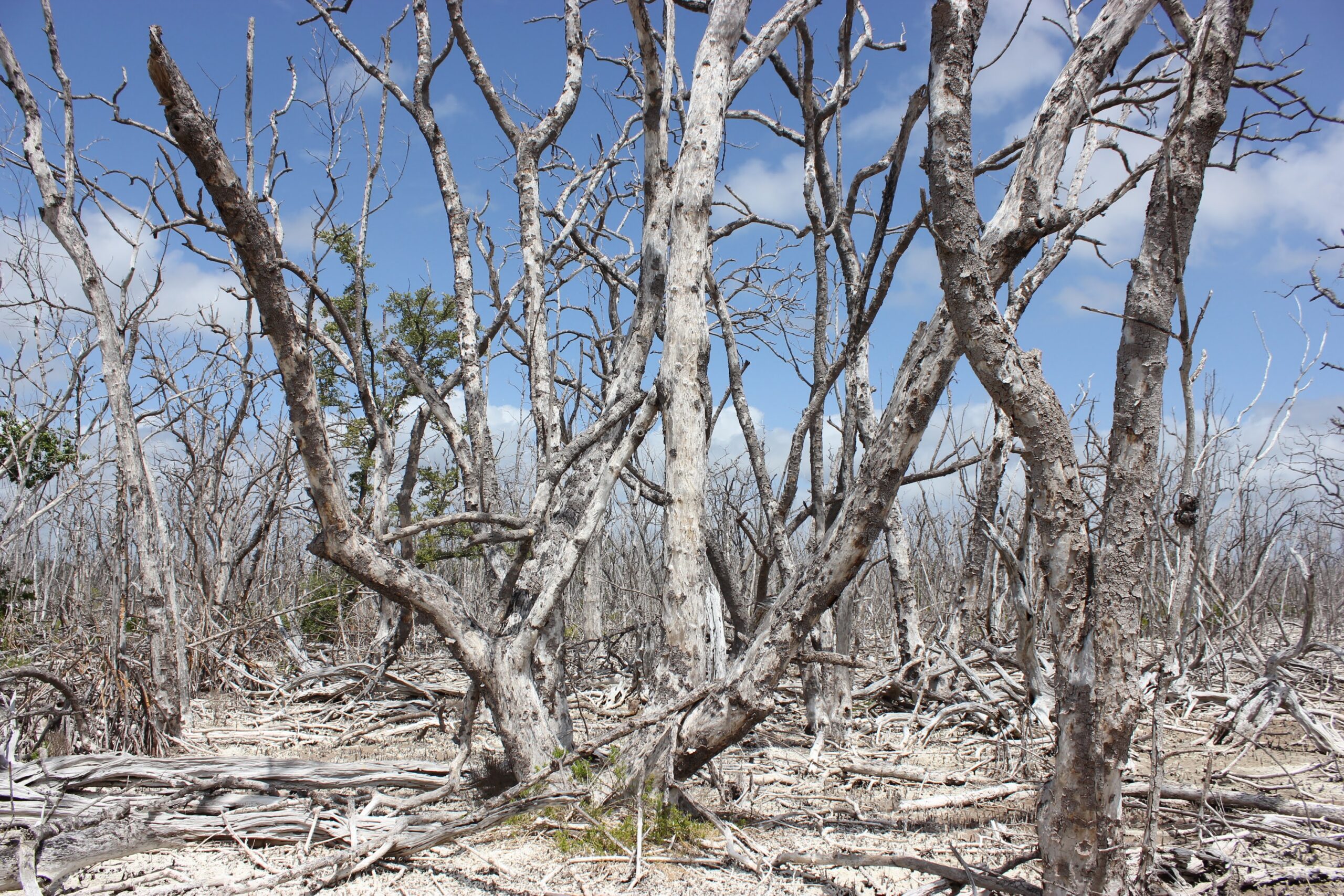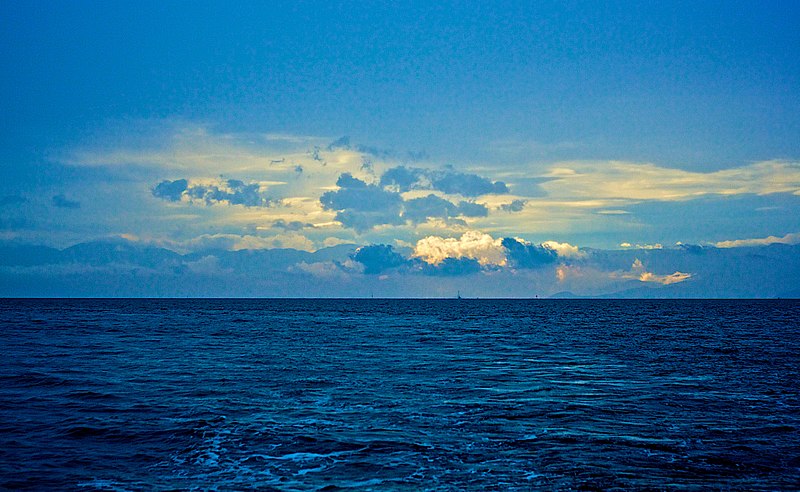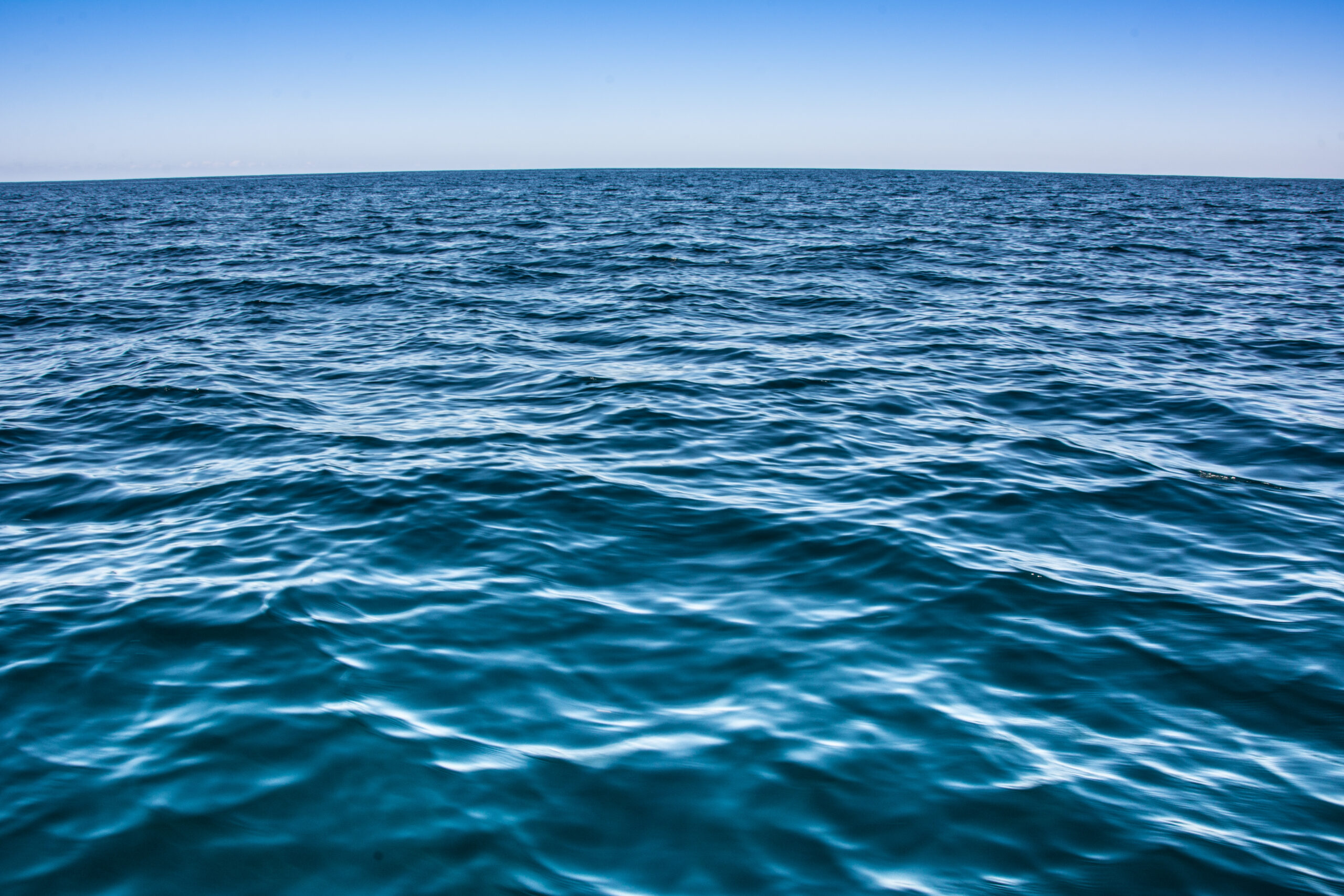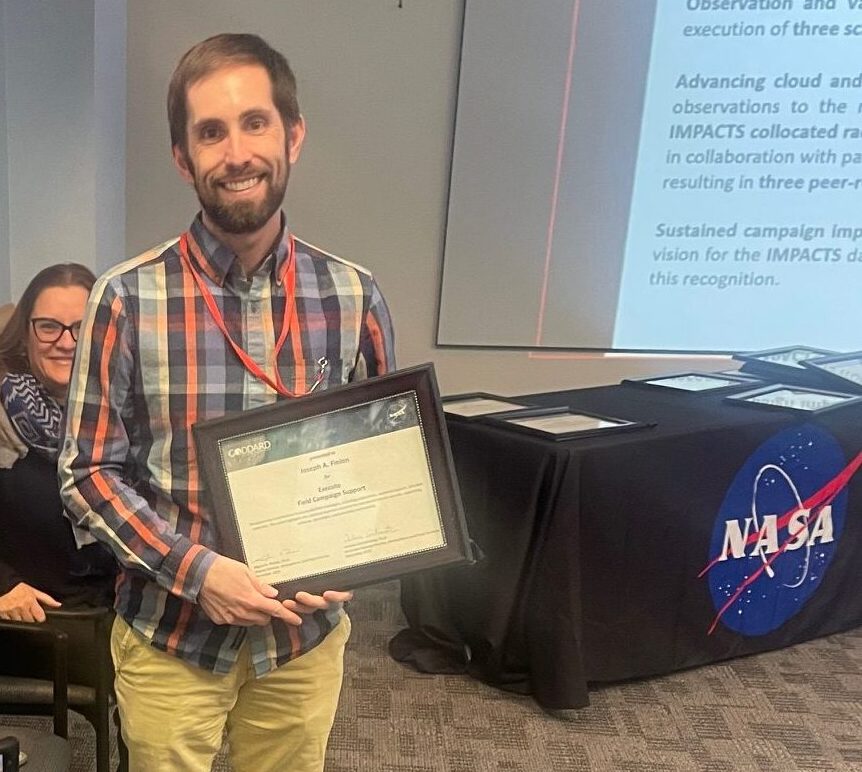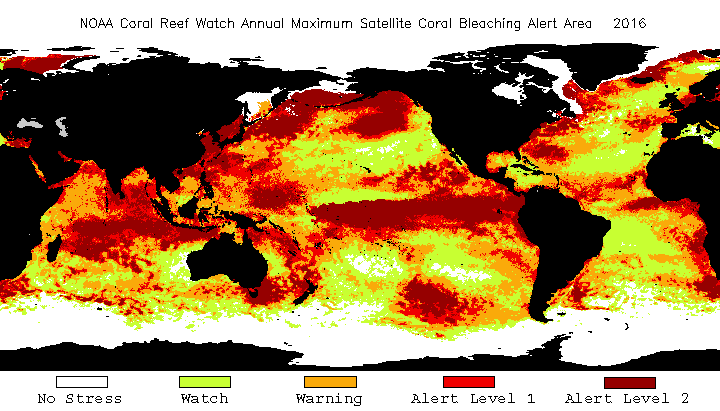
On April 30, 2020, NOAA Coral Reef Watch (CRW) and NESDIS’ Office of Satellite and Product Operations retired CRW’s heritage twice-weekly global 50km satellite coral bleaching heat stress monitoring product suite, replacing it with CRW’s next-generation daily global 5km coral bleaching heat stress monitoring products.
The 50km products built the foundation of the CRW program, and established NOAA as the sentinel of global coral reef environment monitoring since 1997. The heritage products served the US and international coral reef communities for more than 20 years as the only global early-warning system of coral reef ecosystem physical environmental changes. Since 1997, they have predicted all major mass coral bleaching events observed globally while also providing other critical information to users. While the 50km products will no longer update in near real-time, archived data and images are still available on the CRW website.
The next-generation daily global 5km coral bleaching heat stress monitoring products provide service at or near reef-scales and allow direct monitoring of 95% of coral reefs globally. The products’ higher resolution, along with increased data processing and reduced cloud contamination, have significantly reduced data gaps. The daily global 5km products form the core of CRW’s decision support system for coral reef management.
The NOAA CRW program is an initiative supported by the Earth System Science Interdisciplinary Center (ESSIC)-administered Cooperative Institute for Satellite Earth System Studies (CISESS). ESSIC/CISESS Scientists include Associate Research Scientist Dr. Gang Liu; Senior Faculty Specialist Jacqueline De La Cour; and Faculty Specialist Erick Geiger. The team also includes ESSIC/CISESS subawardees, Drs. William Skirving and Roxana Vasile, at ReefSense in Townsville, Australia.
To learn more about current and predicted heat stress on tropical coral reefs worldwide, please visit the NOAA CRW website.

